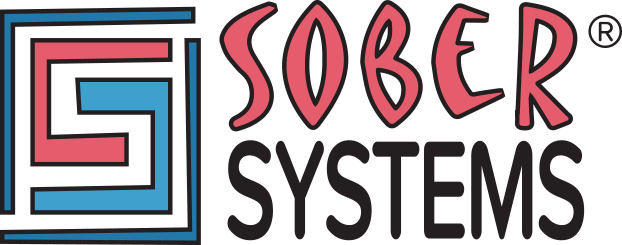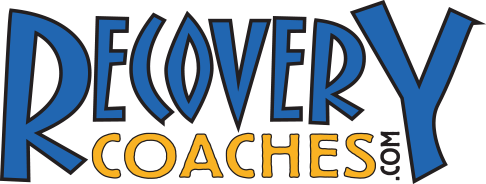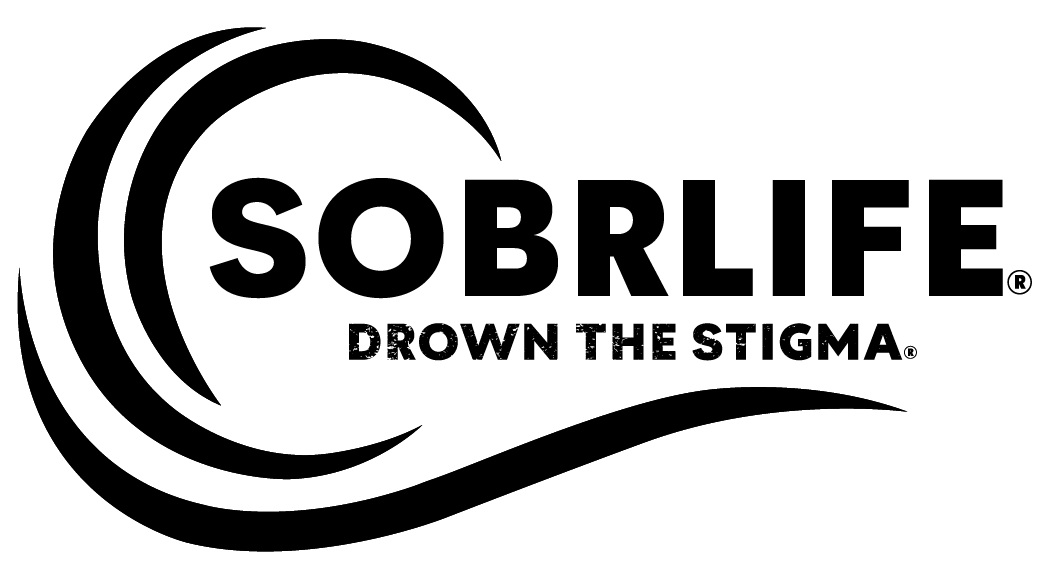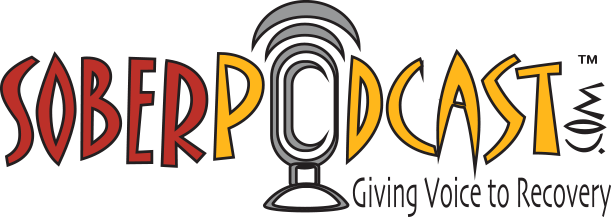WHAT IS A DUAL DIAGNOSIS?
People struggling with both substance abuse issues and mental illness are classified as having a dual diagnosis. If you receive a dual diagnosis, you will find that it is best to work as closely as possible with your practitioners. Some of the issues you may experience are:
- The use of substances such as drugs or alcohol can exacerbate or even precipitate the onset of a previously undiagnosed mental illness. Issues the person faces but has not dealt with may suddenly surface causing a serious episode and health care. In these instances, it is essential to get the person to the hospital as quickly as possible.
- Psychiatric symptoms have been known to emerge in people who are habitual users of drugs and/or alcohol.
- It is not uncommon for people with mental health issues to try and self-medicate by using drugs and/or alcohol. However, this aggravates the situation and can result in a serious mental health episode.
- The other factor that has been known to occur is that relapse in one of these conditions can result in the relapse of the other. For example, someone who copes with anxiety or panic disorder may have been stable for a long time. But, a challenging situation such as a divorce, loss of employment, or the death of a loved one can often cause the anxiety to reassert itself. This, in turn, may cause the person to be ‘using’ again.
- People with a dual diagnosis can be highly fragile and vulnerable. They require gentle and supportive care.
The eight most common mental disorders found in dual diagnosis have been identified as:
WHAT IS THE MOST EFFECTIVE TREATMENT?
- What is the nature of their psychiatric illness?
- Have they previously received treatment? If so, what kind of treatment was it, and was it effective?
- What kinds of substances have they been using and for how long?
- Have they ever been in a recovery program before – when? How effective was it? When did they start reusing?
- What kind of support network does the person have?
- What is their marital status? Do they have children to support/take care of?
- What is the person’s age/gender affiliation?
- Are there any other health matters to consider? How serious are they? Does the individual need to take any medications?
“According to the definitions established by the World Health Organization (WHO), there should be a continued focus on the continuum of care that occurs between drug abuse and mental illness, according to the definitions established by the World Health Organization (WHO). A broad spectrum of addiction treatment clinics is now equipped to treat substance abuse patients struggling with serious mental health problems such as bipolar disorder or schizophrenia. A rehab facility that caters to Dual Diagnosis clients can provide an individualized treatment plan.”*

WHAT IS THE MOST EFFECTIVE TREATMENT?
Any treatment plan has to take the individual’s unique circumstances into account:
- What is the nature of their psychiatric illness?
- Have they previously received treatment? If so, what kind of treatment was it, and was it effective?
- What kinds of substances have they been using and for how long?
- Have they ever been in a recovery program before – when? How effective was it? When did they start reusing?
- What kind of support network does the person have?
- What is their marital status? Do they have children to support/take care of?
- What is the person’s age/gender affiliation?
- Are there any other health matters to consider? How serious are they? Does the individual need to take any medications?
There is no single “catch-all treatment” that will work for everyone as there are too many variables. However, some of the elements of effective treatment are:
- A firm diagnosis so that the individual knows/understands what they’re dealing with
- A proactive treatment team works to empower the individual and not simply tell them what to do.
- Specialists in both mental health and addiction recovery
- If there is a family involved, they should all be kept informed and provided with support during the process
- Cognitive Behavioral Therapy has proven to be an effective psychotherapeutic technique, but whichever technique is used it must be to empower the individual to make informed, positive choices
- Depending on the severity of the condition, the individual may require in-patient treatment with 24/7 care
- Help the individual understand everything that’s happening to them – in this way, they become an informed partner in their own recovery process
“According to the definitions established by the World Health Organization (WHO), there should be a continued focus on the continuum of care that occurs between drug abuse and mental illness, according to the definitions established by the World Health Organization (WHO). A broad spectrum of addiction treatment clinics is now equipped to treat substance abuse patients struggling with serious mental health problems such as bipolar disorder or schizophrenia. A rehab facility that caters to Dual Diagnosis clients can provide an individualized treatment plan.”
HOW BEST TO COPE WITH A DUAL DIAGNOSIS?
- The first step is to recognize the problem and SEEK PROFESSIONAL HELP – Don’t self-treat or self-medicate as this can have dangerous consequences
- Seek out people who are professionals in this field – centers for mental health support and/or recovery treatment centers will know these people
- Tell yourself that this is treatable but it will take time, commitment, and patience
- Engage in self-care – take the time you need to be good to yourself – self-love is another level of self-care that is absolutely crucial to the journey
- Discuss everything with your treatment team to come up with a workable plan for you – although you may know someone else who engaged in treatment that worked for them, this needs to be individualized
- Don’t be afraid to tell your team something isn’t working – let them know immediately if a strategy or medication isn’t helping
- Here is a great article to get started and learn more: https://www.aspenridgelakewood.com/recovery-blog/7-tips-managing-dual-diagnosis/
1 https://dualdiagnosis.org/dual-diagnosis-treatment/
FURTHER RESOURCES
Lived experiences in help-seeking from the perspective of a mother with a dual diagnosis. Sorsa MA, Åstedt-Kurki P.Int J Qual Stud Health Well-being. 2013 Aug 20;8:20316. doi: 10.3402/qhw.v8i0.20316.
Self-wise, Other-wise, Streetwise (SOS) training: a novel intervention to reduce victimization in dual diagnosis psychiatric patients with substance use disorders: protocol for a randomized controlled trial. de Waal MM, Kikkert MJ, Blankers M, Dekker JJ, Goudriaan AE.BMC Psychiatry. 2015 Oct 29;15:267. doi: 10.1186/s12888-015-0652-1.
Treatment of substance use disorders with co-occurring severe mental health disorders.Murthy P, Mahadevan J, Chand PK.Curr Opin Psychiatry. 2019 Jul;32(4):293-299. doi: 10.1097/YCO.0000000000000510.
Dual diagnosis: A systematic review of the organization of community health services.Fantuzzi C, Mezzina R.Int J Soc Psychiatry. 2020 May;66(3):300-310. doi: 10.1177/0020764019899975. Epub 2020 Jan 20.
Dual Diagnosis: Coexisting Substance Use Disorders and Psychiatric Disorders. Antai-Otong D, Theis K, Patrick DD.Nurs Clin North Am. 2016 Jun;51(2):237-47. doi: 10.1016/j.cnur.2016.01.007.
Treatment of alcohol use disorder and co-occurring PTSD. Taylor M, Petrakis I, Ralevski E.Am J Drug Alcohol Abuse. 2017 Jul;43(4):391-401. doi: 10.1080/00952990.2016.1263641. Epub 2016 Dec 23.
[Efficacy of integrated dual disorder treatment for dual disorder patients: a systematic literature review]. Neven A, Kool N, Bonebakker AE, Mulder CL.Tijdschr Psychiatr. 2018;60(4):231-240.
CAMH: The Centre for Addiction and Mental Health in Toronto, Canada offers the following guide entitled: Dual Diagnosis: An Information Guide.















